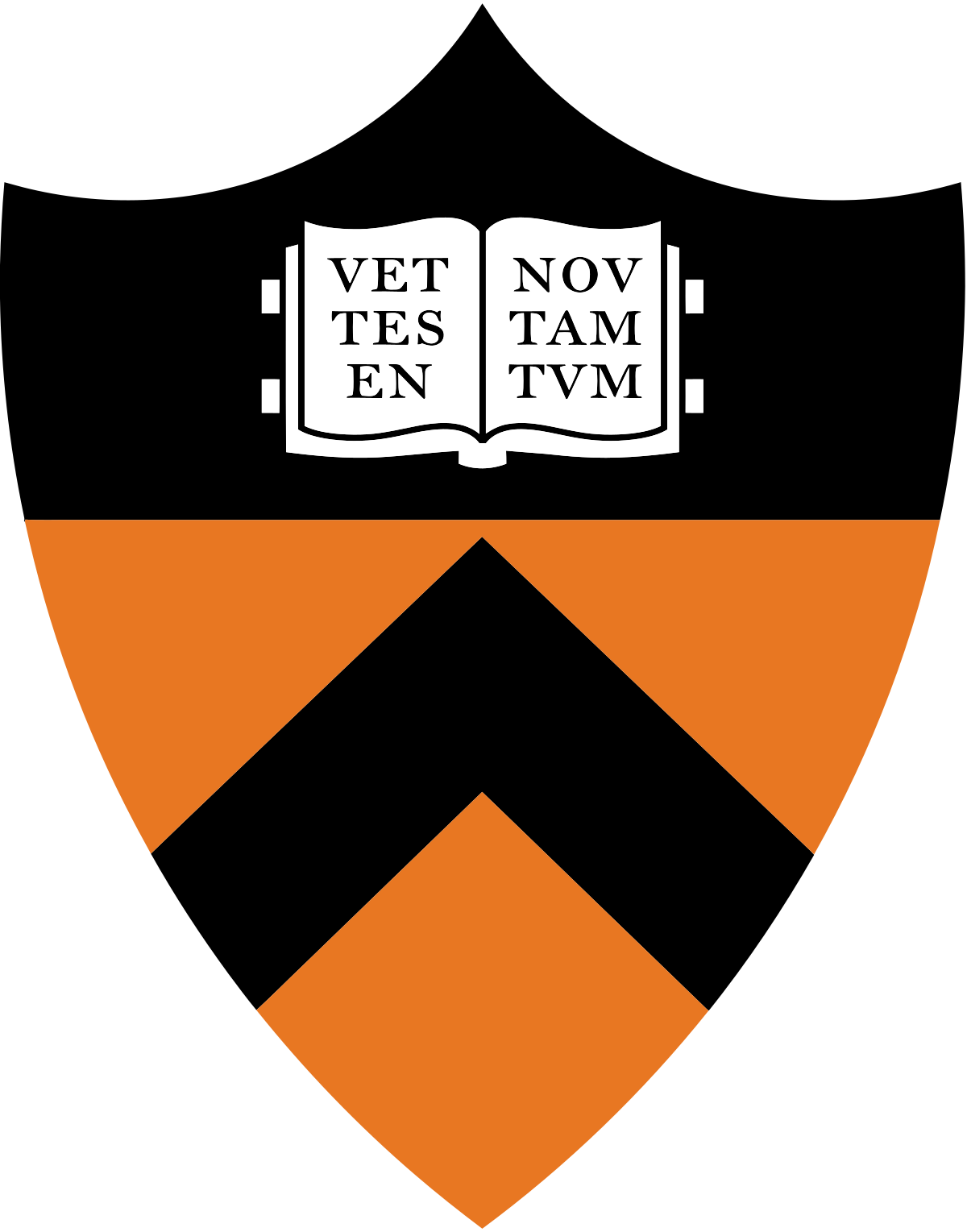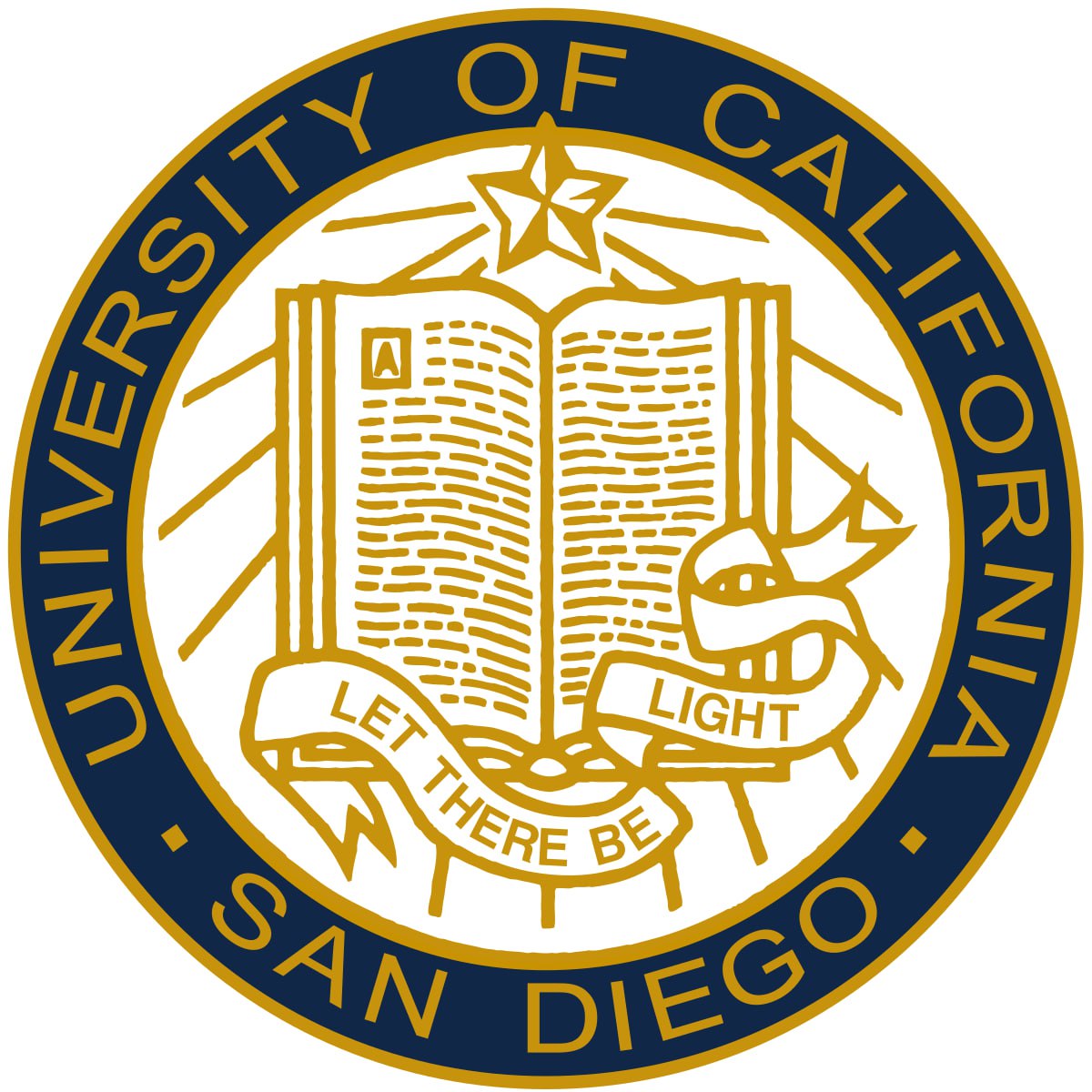01
Undergraduate
An undergraduate refers to a student pursuing a higher education degree, typically a bachelor's degree, at a university or college. It is the first level of formal education beyond high school.
Read More Go -->
An undergraduate program is an educational course of study pursued by students after completing their secondary education (high school or equivalent). It is the first level of higher education and typically leads to the award of a Bachelor's degree upon successful completion. These programs are offered by colleges, universities, and other higher education institutions.
For more information ...
Key features of an undergraduate program include:
A postgraduate program, also known as a graduate program or higher education program, is an advanced level of academic study pursued by students who have already completed their undergraduate education. Postgraduate programs are designed to provide specialized knowledge and expertise in specific fields and often lead to the award of advanced degrees, such as Master's degrees or Doctoral degrees (Ph.D.).
For more information ...
Key features of postgraduate program include:

A Master's degree is an advanced academic degree that individuals pursue after completing their undergraduate education. It represents a higher level of specialization and expertise in a particular field of study. Master's degree programs are offered by universities and colleges and typically require one to two years of full-time study, depending on the program and country.
For more information ...
Key features of postgraduate program include:









